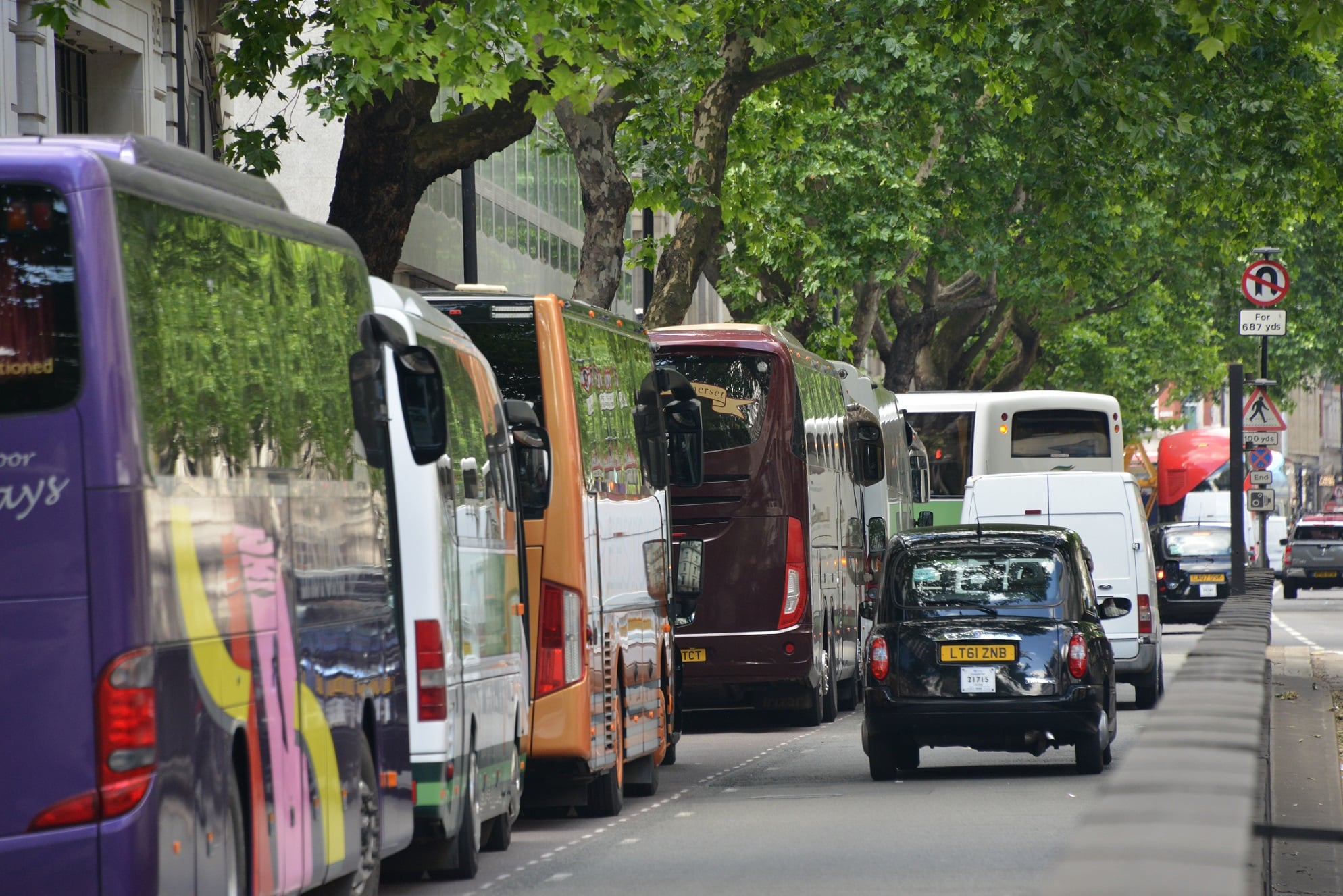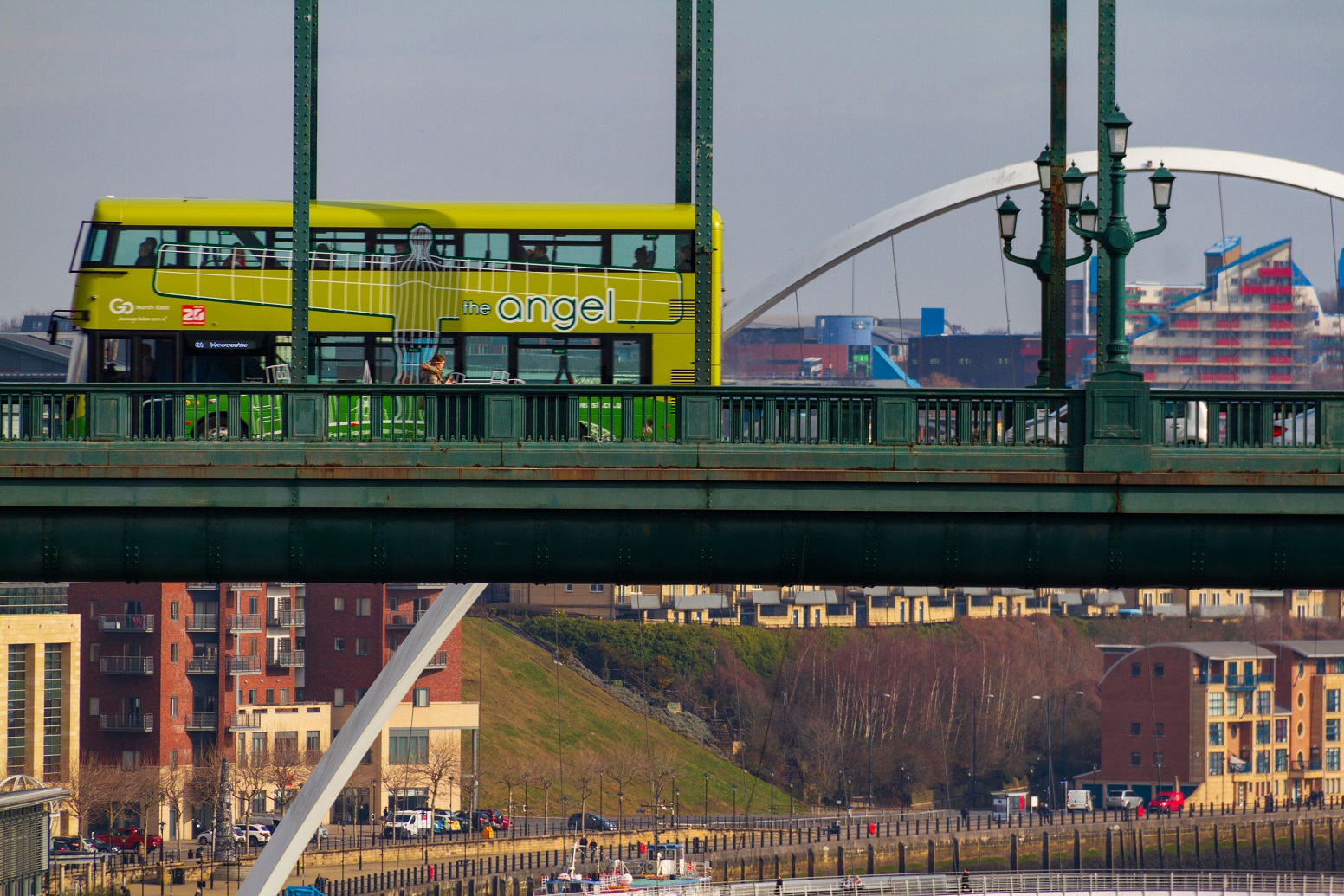RHA has criticised the approach of local authorities (LAs) towards CO2 reduction, particularly in their stance against internal combustion engines, and is calling for a revised approach to environmental policy making.
Andy Warrender, Operations Manager – Coaches, warns of widespread misconception among LAs about zero-emission vehicles, primarily electric cars, and their efficacy in reducing CO2 emissions, which overlooks the effectiveness of diesel coaches.
In focusing on immediate local emissions reductions, LAs are failing to see the bigger picture, he argues. Such focus has led to decisions such as replacing coach bays with electric vehicle charging points, a move that, while reducing local emissions, potentially increases overall CO2 emissions.
Mr Warrender’s claims are backed up by the Department for Transport’s Transport and Environment Statistics 2021 Annual Report, which demonstrates that diesel coaches are a more efficient option for reducing CO2 emissions than electric cars, especially for inter-city journeys.
He expresses frustration over the difficulty in conveying this perspective to LAs that view transportation issues through a voter-centric lens. Mr Warrender stresses the need for a shift in strategy, urging LAs to consider the broader environmental impact rather than focusing solely on local metrics.
“Virtually every conversation we have with an LA is anti-internal combustion engine of any description, and even within DfT statistics, it’s proving extremely difficult to get any understanding of this through,” he says, noting that the conversation is specifically around CO2 reduction, not local air quality. “The consequences are that we will likely end up with minimal reduction in CO2 emissions — certainly not the volume that we could have achieved.
“As those figures show, we have to try and persuade local authorities to look at the bigger picture rather than what happens specifically in their locality.”

























